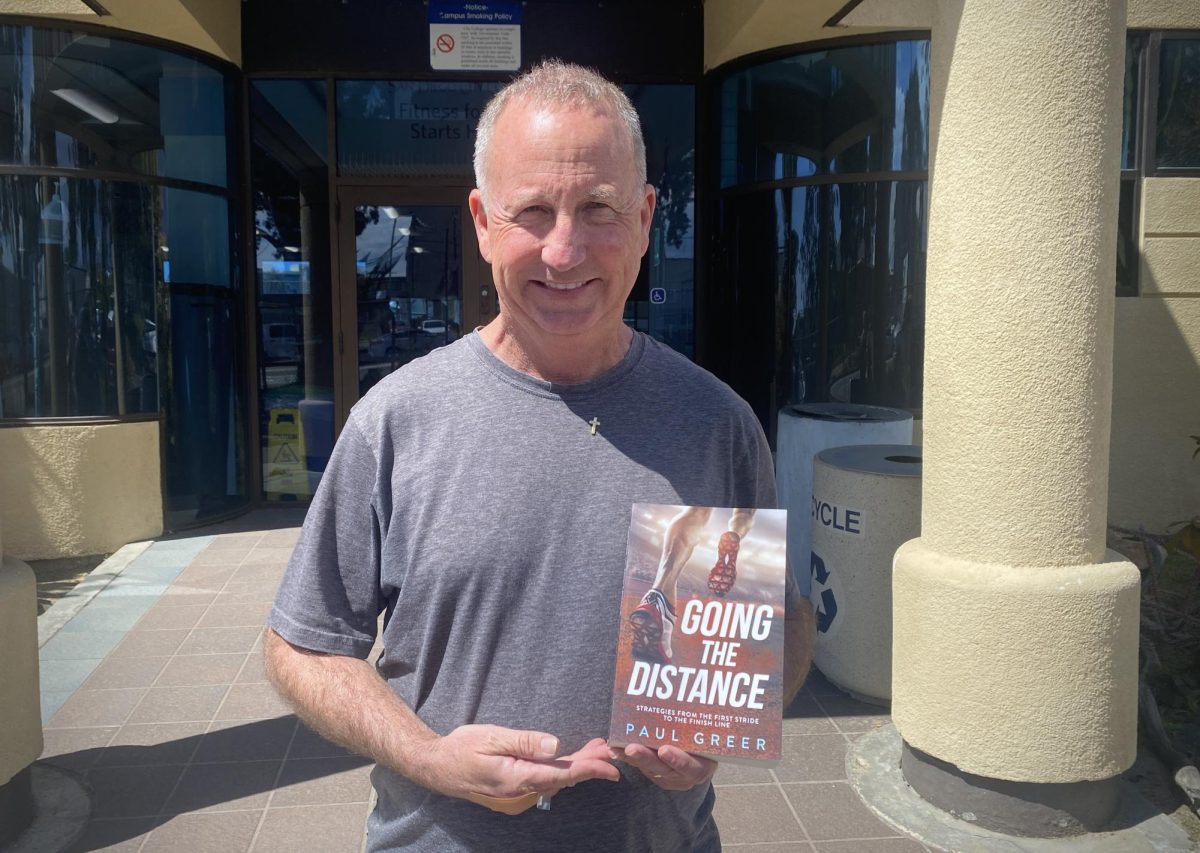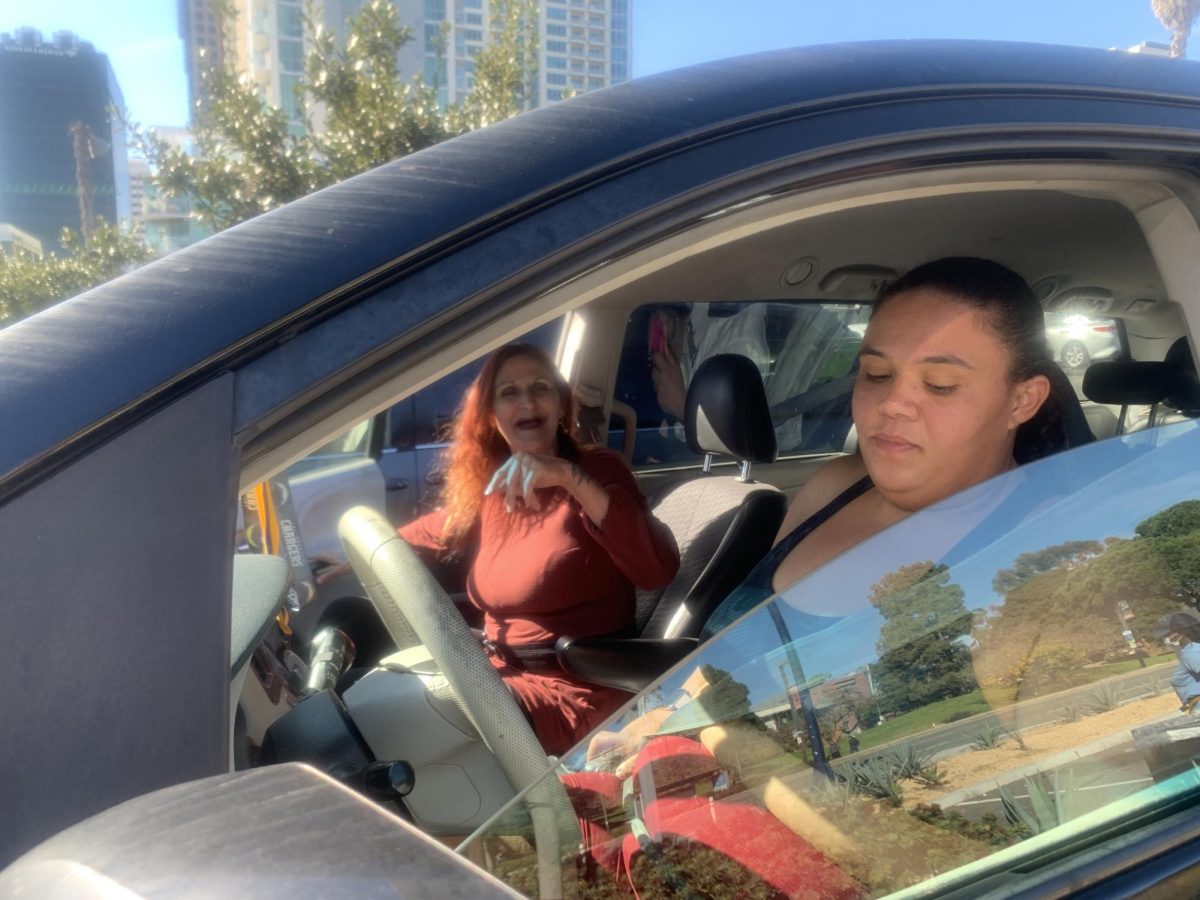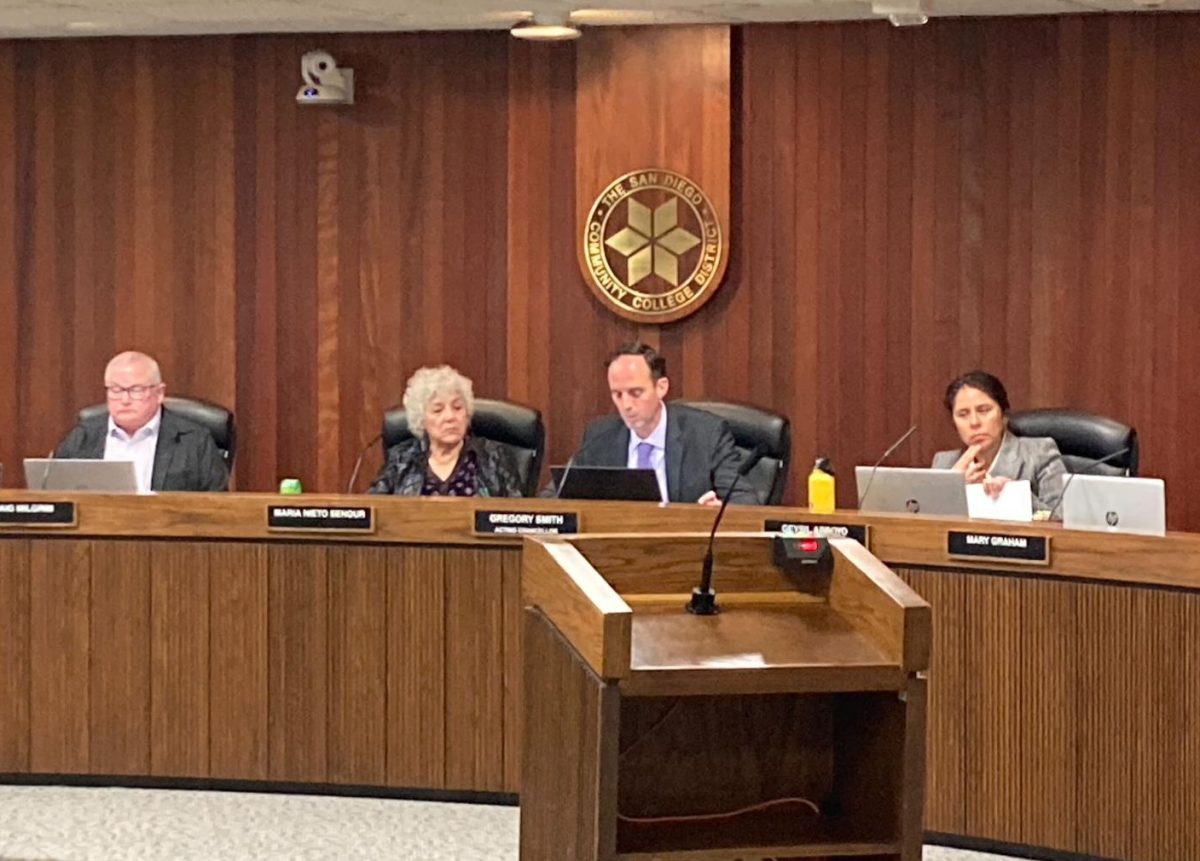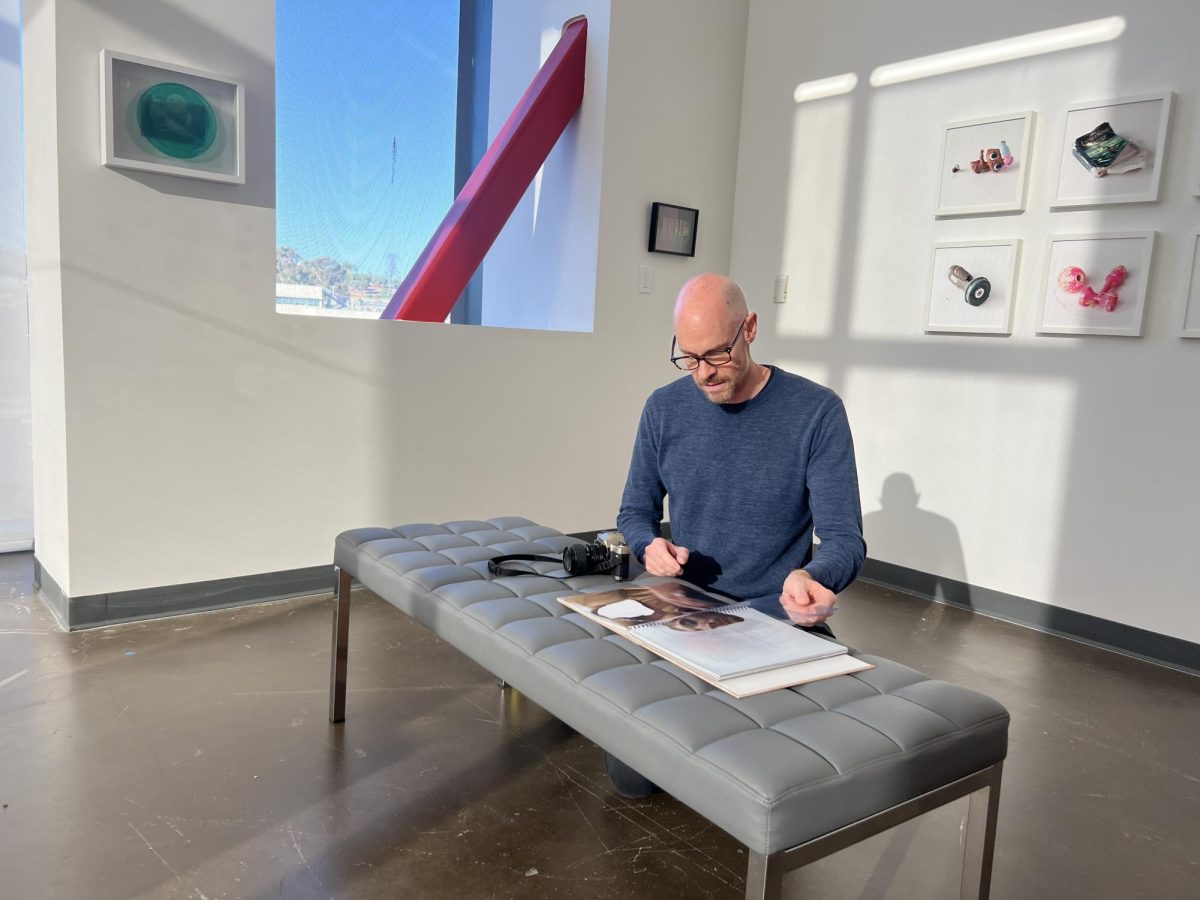I moved recently at the beginning of the semester. At which time, when it came time to hook up the internet, I thought about my hard earned dollars and what it got me. I made the choice to drop my cell phone and reinstate a land line instead. Now, over a month of not having it, I realize it was one of the best things I could do.
The choice became a lot easier when I found out that though Cox I could get the internet and phone for under the price of just my cell phone, I made the switch. I work nights and all day on the weekends and my cell phone plan was free after 7 p.m. and on weekends but during the day when I was home my minutes were costing me. Having a land line again has opened my eyes on the value I now get of calling people on my time, not theirs.
As students we have to make best use of our resources and I decided to cut some corners as well. Deciding to give up my cell phone off was no easy task. You become accustomed to calling people when and where you want. This convenience is the hardest thing to get over and I’m adjusting. Gone are the quick text messages I sent on an unlimited basis but then again, so is the bill. Where there’s a will there’s a way, goes the saying. Do you need it or want it? What you need will come from working hard and thinking before you spend. Lifestyle expert Susie Coelho, suggests sharing with friends and have clothing swaps and going in together to buy food to buy wholesale. Back to school items like paper, pens and pencils can be next to nothing when sharing the costs. Buying in bulk will save you in the long run. “Saving is all about being organized and focused,” says Coelho, “Focus is
Key.”
ABC news reporter Kim Clark, from U.S News and World Report, shares the “Seven ways to Cut College Expenses.” First, Clark notes to sell your car. Clark says it could “save a student up to $6,000 per year.” Next, she suggests to find cheaper housing. Whether it’s staying at home longer to finish school, or having extra roommates, find the best deal out there. You could also plan your meals. In doing so, you’ll lay off the quick fix and high prices of grab-n-go pre-made meals. Clark also advises to find cheaper credit cards. Calling them “college lifestyle expenses,” she reminds students to watch choice spending. Look for best interest rates and promotional incentives for students. Also, slash your technology costs. She recommends not buying into the latest fads that can be expensive. Another tip is to not pay retail price. The average student pays anywhere from “seven hundred to a thousand dollars for books,” Clark said, who recommends e-books and buying used. Lastly, pay your bills on time and in full. “Don’t pay late fees,” adds Clark, “less debt is always better…less is more.”
Ask around, everyone will tell you how to spend your money. How you can save it, and make the most of it, so listen. I heard someone say once, “Every teacher takes a good idea,” it has always stuck with me. I think it was a child development teacher I had, before I changed my major. again! What it meant to me was is take a good idea and apply it. Hold onto it, use it. Stubbornness and resistance can only last so long in our life before we must give in to a different, perhaps, even better way. It all goes back to choices and the perhaps of a better tomorrow. I myself am stubborn and have learned the hard way many times that I should have listened all along. Listening is key, listen to what works for you.
Look at your own “college lifestyle expenses,” where can you trim the fat? Can you get more for your money? Will you? Will you remind yourself to stay on top
of your game and pay those bills on time, pay them down and not incur more? Making the most of how little you have, will empower you. Being accountable to one’s own life is imperative; you are the foundation of society. Contribute.
I live a 7 minute bike ride from work now and I’m constantly reminded about not driving my car to work. Since I live close to work I’m saving at least twenty dollars a week. I have walked and rode my bike, but it’s not yet an everyday thing. I’m getting there, like the rest of us who use reason and logic to figure it out. I’m trying to cut down on my own unnecessary car emissions. I’m trying to cut down on unnecessary costs by thinking about my spending, I’m trying! It’s all any of us can do.
Albert Einstein believed, “The unexamined life is not worth living.” I agree. We know when we can or cannot. When we should and should not or whether it’s right or wrong for us or for others. My Mother used to say, “You made your bed, now you lay in it.” Those words still shake me up. “You have no one to blame but yourself,” she’d say. I now understand they shaped my thinking today. Nobody wants to be wrong or get themselves in a hole financially but I know that the emphasis on ‘who’ was to blame is a learning tool that still works today. They made you aware that, sloppy or neat, comfortable or not, ‘YOU’ make your life and decide for yourself what you will or won’t do without. Just remember to examine the costs of your daily life, tomorrow is a whole new day.
The Never Ending Story: Students Stop Spending and Save
November 10, 2009
Donate to City Times
Your donation will support the student journalists of San Diego City College. Your contribution will allow us to purchase equipment, cover the cost of training and travel to conferences, and fund student scholarships. Credit card donations are not tax deductible. Instead, those donations must be made by check. Please contact adviser Nicole Vargas for more information at [email protected].







